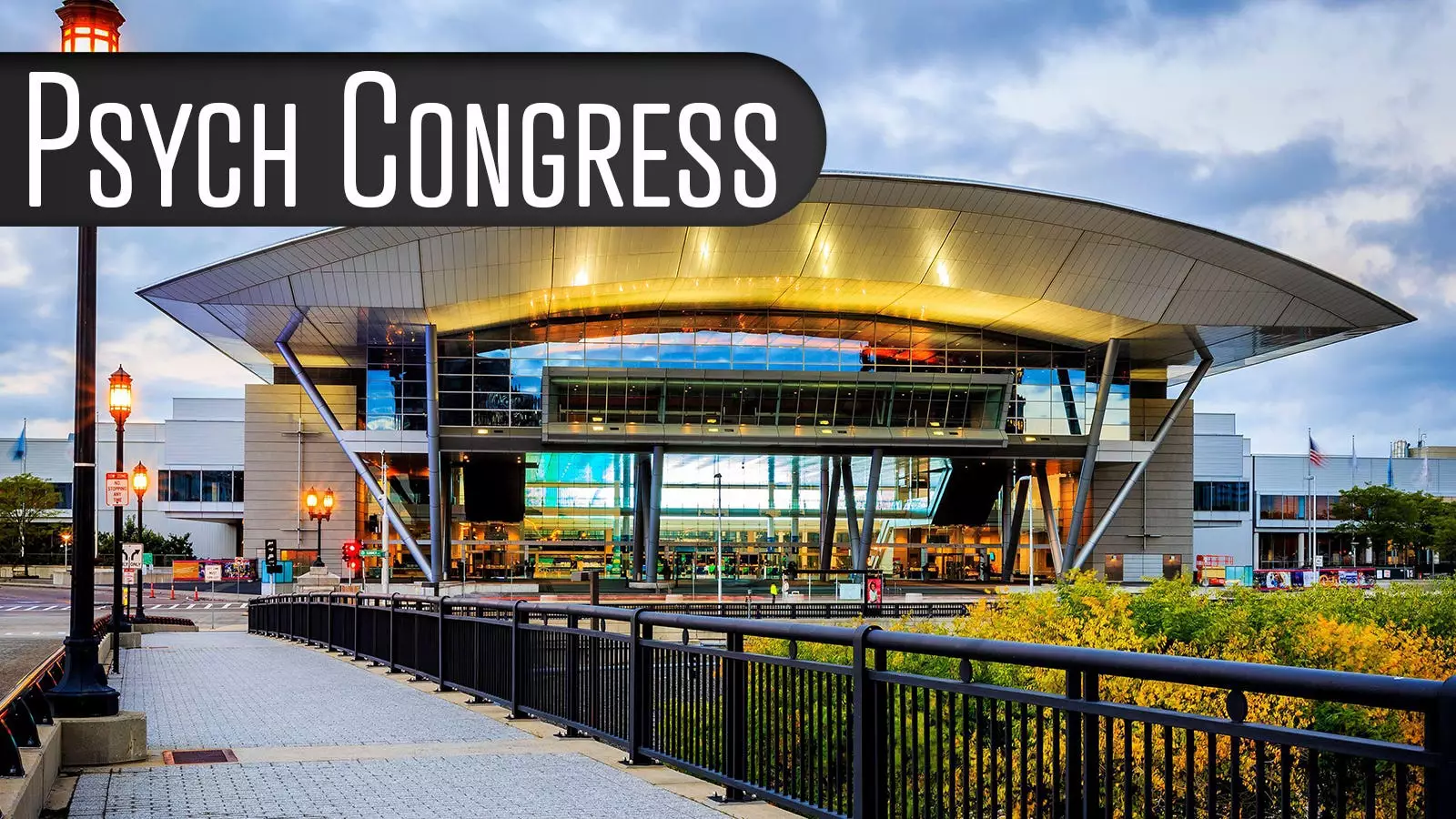Recent research underscores an alarming connection between relapse episodes and increased mortality in patients with schizophrenia. A longitudinal study involving 32,071 patients illustrated that even a single relapse can elevate the risk of all-cause mortality. This finding sheds light on the urgent need for better management strategies tailored to the unique challenges faced by those with schizophrenia. Dr. Christoph Correll from the Zucker School of Medicine presented these findings, showcasing statistically significant hazard ratios linked with relapse episodes.
In the context of mental health, schizophrenia is a complex and debilitating disorder. It drastically affects an individual’s cognitive functioning and emotional well-being, often requiring long-term management strategies. The causal relationship demonstrated in the study emphasizes the critical importance of keeping patients stable. The nuanced observations made during the research serve as both a reminder and a call to action for healthcare professionals to prioritize relapse prevention.
The data presented at the Psych Congress illustrates a sobering reality: the more relapses a patient experiences, the greater the risk of premature mortality. For instance, a single relapse correlated with a 20% increase in the mortality hazard rate, while experiencing ten relapses jumped that figure to a staggering 163%. Such statistics overwhelmingly highlight the need for proactive healthcare interventions focused on stability.
The study further indicated that the estimated five-year survival rate drops dramatically from 78% in individuals with one relapse to just 58% for those with ten. Shifting the narrative from merely managing symptoms to honing in on long-term outcomes is crucial. Clinically, this calls for a paradigm shift where adherence to treatment and timely interventions become focal points. The low usage rates of long-acting injectable antipsychotics in the cohort observed, at less than 7%, is particularly concerning. This is an important consideration given that these medications could enhance adherence, consequently preventing relapses.
Correll’s statements regarding the multifaceted health implications surrounding a relapse delve deeper than mere statistics. It’s essential to recognize that the struggle with schizophrenia goes beyond mental health; it extends into physical health, lifestyle, functionality, and overall quality of life. Research has shown that patients frequently contend with comorbid conditions that further complicate their situation and heighten mortality risks.
Preventative measures should not only encompass medication compliance but should also extend to comprehensive health management strategies. This includes the initiation of lifestyle changes, routine physical health screenings, and psychological support. The endeavor to lower relapse rates transcends mere symptom control – it actively contributes to elongating lives by countering the threats posed by both physical ailments and self-harm tendencies.
Nevertheless, researchers acknowledged constraints within the study, such as potential underreporting of relapse episodes and patient mortality. These shortcomings reveal the necessity for ongoing research aimed at unveiling the specific causes of mortality associated with schizophrenia relapses. Comprehensive studies could foster a clearer understanding of how to better aid practitioners in addressing the broader health concerns tied to this disorder.
Future research endeavors should strive to explore a wider pool of data and investigate cause-specific mortality associated with relapses. By identifying the overarching themes leading to these declines in health status, the healthcare field can develop innovative, targeted strategies aimed at minimizing both relapse occurrences and improving lifestyle factors among individuals diagnosed with schizophrenia.
This study sheds crucial light on an often ignored aspect of schizophrenia management—relapse and its dire implications for patient mortality. The strong correlations found between the frequency of relapses and risk of death stress the need for health professionals to implement a more robust, patient-centered approach to care. Expanding treatment options, incorporating comprehensive healthcare strategies, and fostering adherence to medication are vital avenues to explore. Indeed, as we reconsider our strategies in treating schizophrenia, it becomes increasingly clear that relapse prevention could be critical to extending life expectancy and enhancing the quality of life for patients.


Leave a Reply